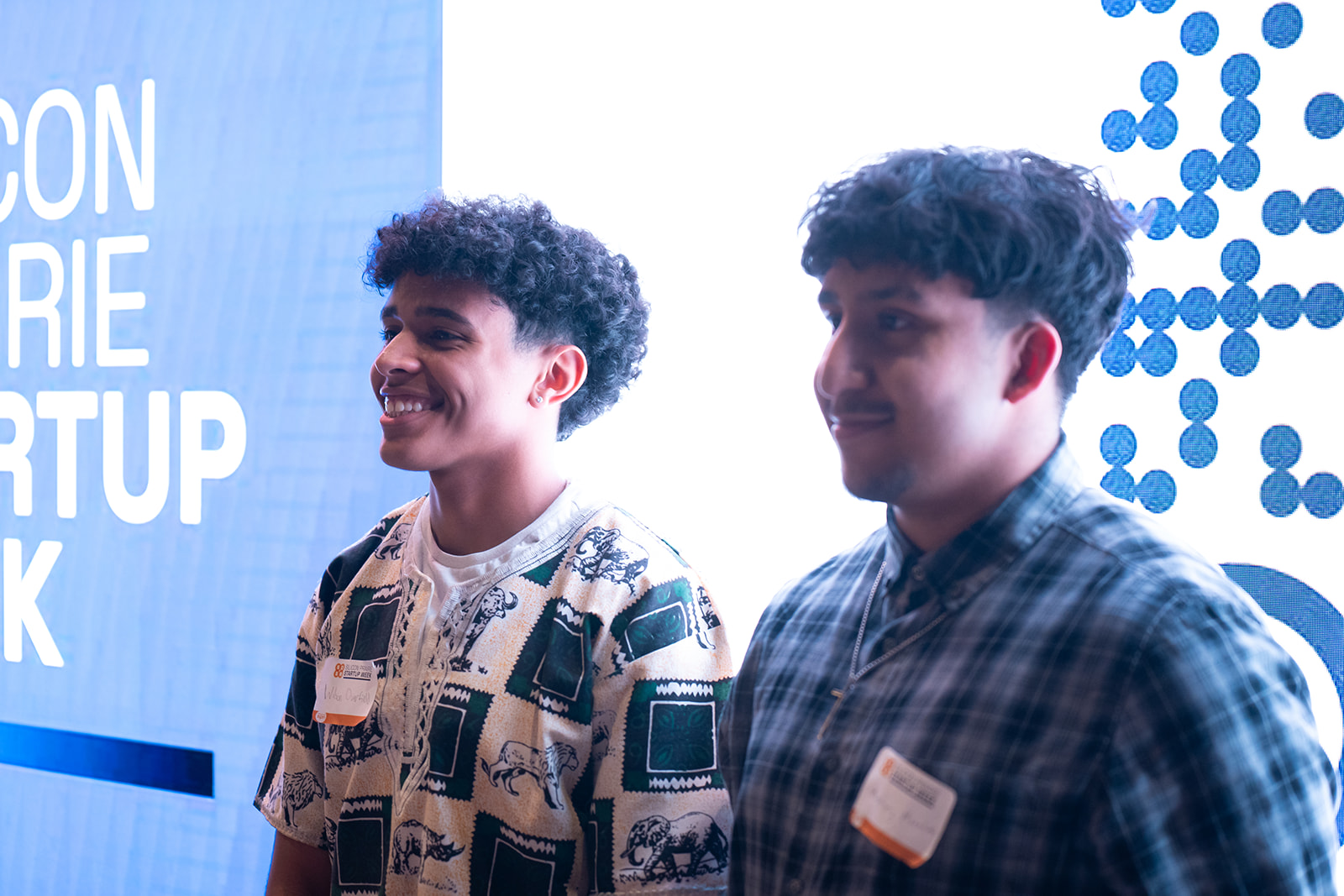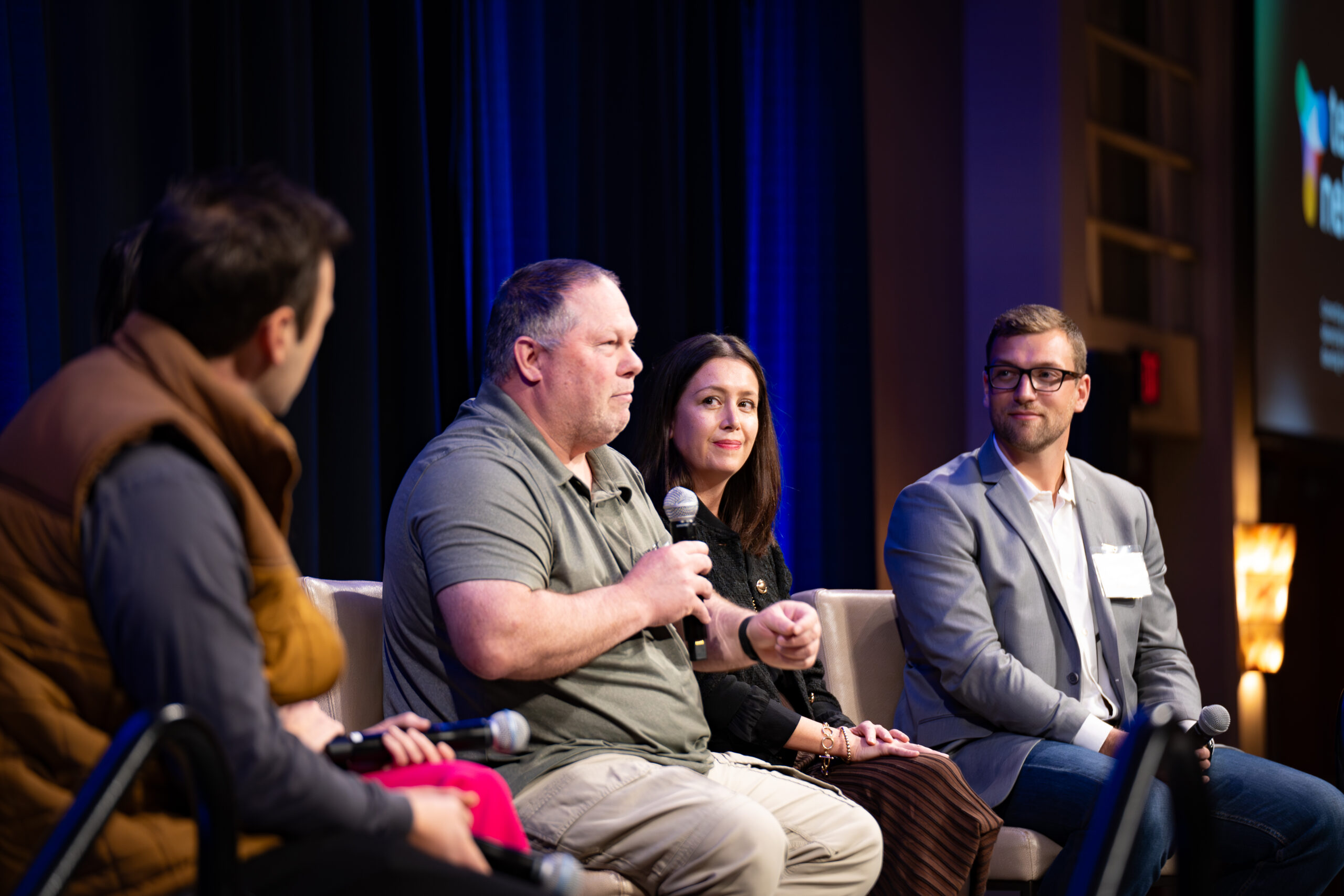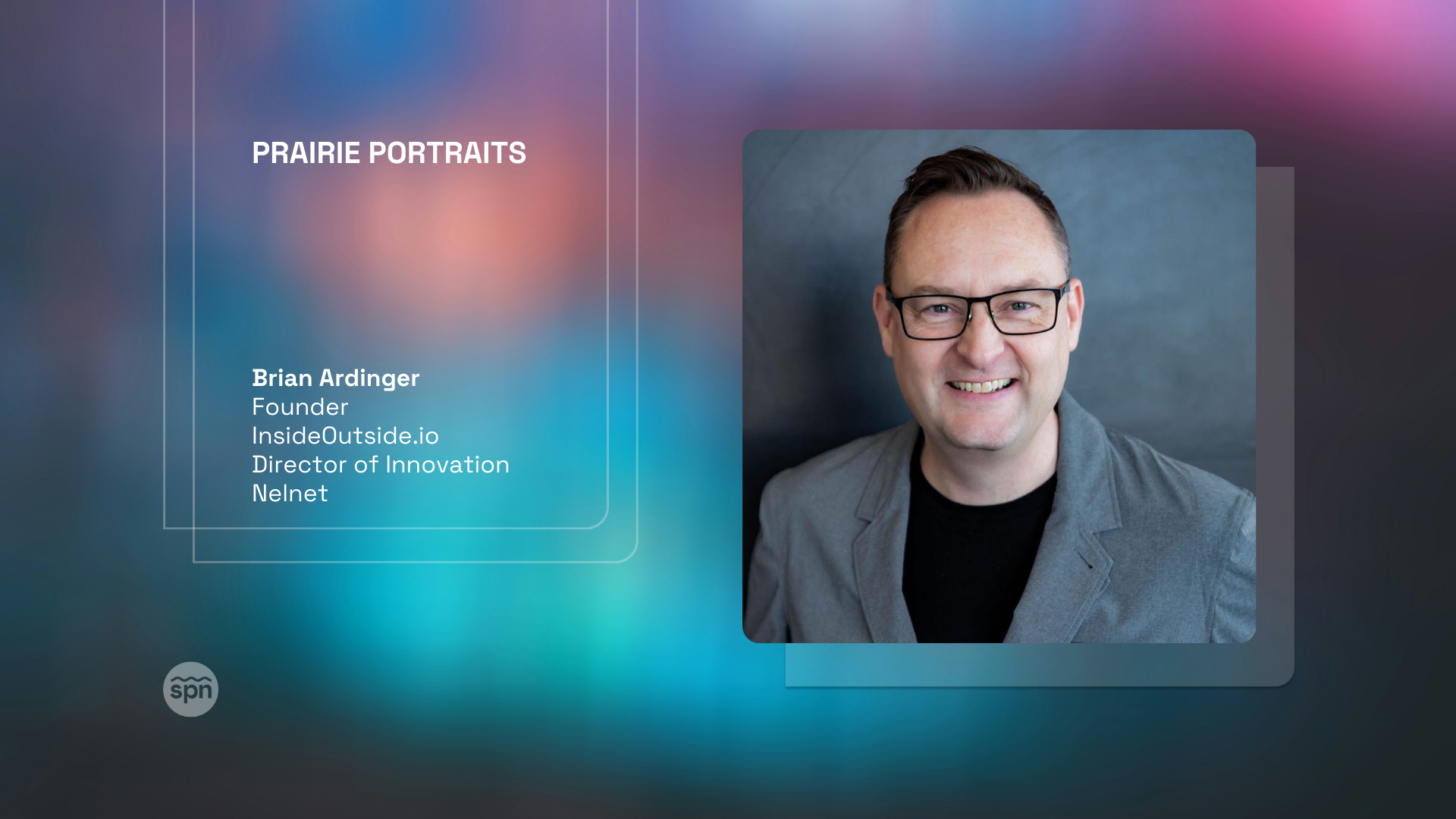 Drew Halliday had his biggest “ah-ha” moment while sitting in class at the University of Missouri—more than a third of the students around him were checking social media, but none were invested in the social opportunities available nearby.
Drew Halliday had his biggest “ah-ha” moment while sitting in class at the University of Missouri—more than a third of the students around him were checking social media, but none were invested in the social opportunities available nearby.
“I found it slightly strange that we were all kind of buried into our technology, looking at information that comes from outside of the room,” Halliday (right) said in a phone interview. “I think all students inside of the classroom are inherently interested in each other, but there’s no easy way for students inside of a classroom to connect with each other.”
The solution became erodr, a social media app that sets a limit on the time and distance range of posts. With advice from his father, also a tech entrepreneur, Halliday launched the first prototype in August 2012. In November 2012 the app launched in the Apple store, and by January the app’s popularity was increasing rapidly.
BECOME A SPONSOR
Join us in championing the narrative of success, resilience, and ingenuity that defines Nebraska’s startup community. Learn more »
Today about 20 percent of the school’s students—about 8,700—are “rodies,” a nickname for the app’s users. The app has more than one million refreshes each week at Mizzou alone. The app’s now open at 15 college campuses across the U.S.
Users set up a profile on the app, which requires a verifiable student email, name and photo. The app’s “streamer” shows posts from all the rodies within a chosen range.
Halliday said this unique interface encourages users to share their interests and make connections to those nearby. A focus on the present aims to distinguish the app from other social media platforms, such as Facebook and Twitter.
“Facebook is not going to be replaced by erodr in the sense that there will always be a need for Facebook to connect you with your past,” Halliday said. “But what erodr’s designed to do is connect you with the present, and people who are in the same local space as you.”
Posts remain in the app for a limited amount of time—users either set their own time limit on a post or rodies, pronounced “road-ies,” in the area like or dislike posts to affect how long they stay in the app. Users also can post anonymously or filter posts by categories, such as men or women only.
Its time-restrained posts and anonymous option offers users more privacy online. Sites like Facebook establish a social identity for students and Twitter has no “delete all” button for removing an online presence, Halliday said. Many students don’t want something they post on social media to hang over them.
“All content is erased from our servers after it expires,” Halliday said. “What we’re trying to do is make it so everything you do isn’t hanging over you for the rest of your life. That doesn’t mean that we support or encourage behavior that’s adverse to regular social networks, it just means that we’re not archiving and owning all of your information like Facebook does.”
Earlier this month, Halliday moved to Palo Alto, Calif., to expand erodr. The company’s currently in a temporary space, but Halliday is looking to grow his team and app.
From the start, community building has been Halliday’s top priority—erodr hasn’t made any money yet, but Halliday isn’t worried. He said he has seen tremendous growth and adoption of the app.
“I see it being the social network of choice for college students,” Halliday said.
Learn how to use erodr:
Credits: Photo from Drew Halliday’s Twitter. Video from erodr’s YouTube.



